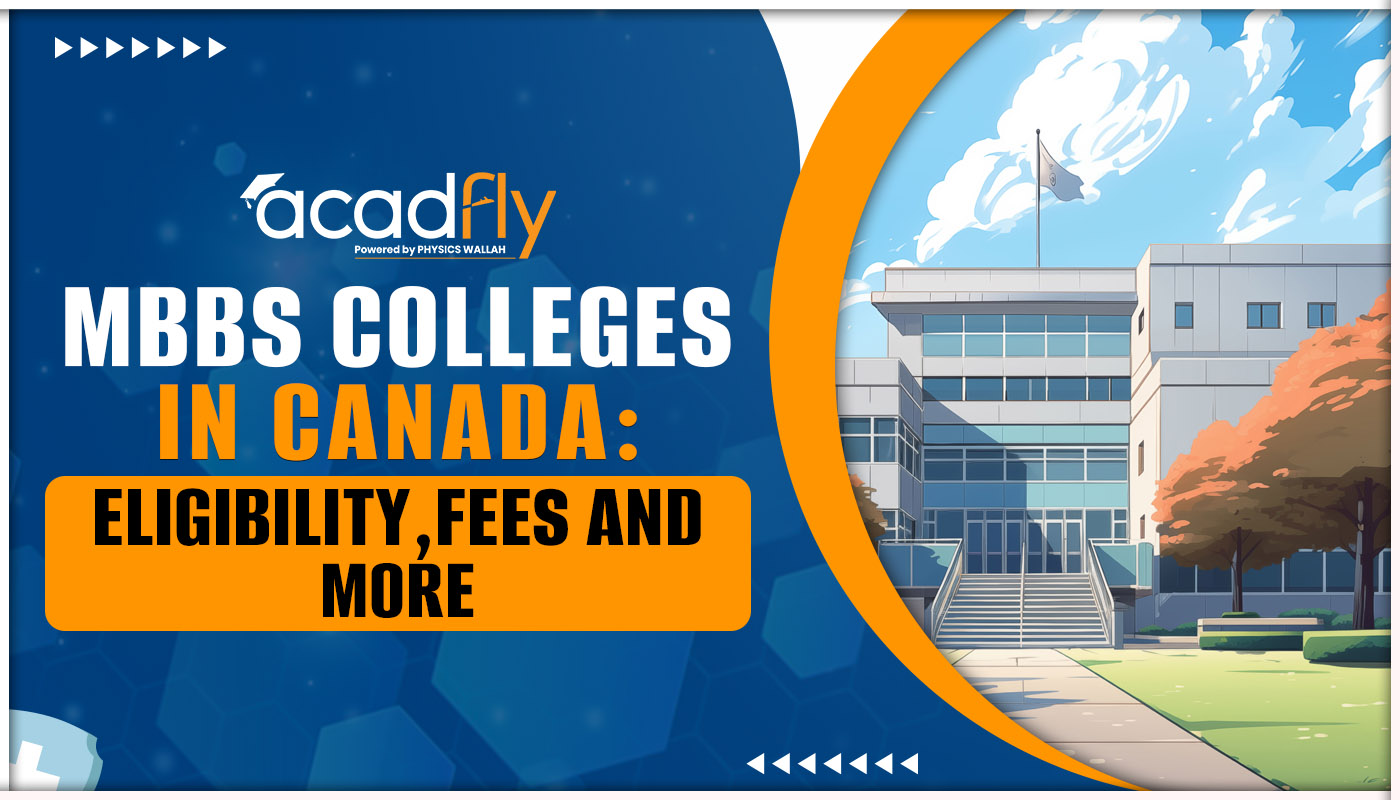

Study in Austria for International Students: Courses, Eligibility, and More
Study in Austria for International Students: Courses, Eligibility, and More - Austria is a popular global study place for hopefuls, with a modest population of 8.7 million people and lovely cities. There are numerous reputable institutions in Austria with a rather liberal teaching and studying environment. Working knowledge of German is expected when studying in Austria, and most top universities will provide additional German programmes for students to select from. The country's living costs are very low when compared to other European locations. There are several options to participate in sports like hiking and skiing, as well as travel to surrounding countries such as Switzerland, Germany, and Italy. The train network allows for convenient access to Budapest, Prague, and Munich.
Why Study in Austria?
Austrian universities have set precedents in a variety of disciplines of study, attracting international students to Austria as a destination for higher education. Here are the top reasons to study in Austria:
-
Students have a wide range of educational possibilities open to them. This makes Austria their choice destination for gaining knowledge and experience beyond academics.
-
The cost of studying in Austria is rather affordable. The tuition price and the cost of living are reasonable.
-
Although the majority of courses in Austria are taught in German, English is nevertheless an option for study. Austrian institutions provide more than 200 English-taught programmes.
-
The country has exceptional cultural richness and variety. It delivers an unforgettable experience of studying in Austria as an international student.
-
Austria boasts some of the world's greatest universities. Eight Austrian universities were included in the QS World University Rankings 2021.
-
There are several scholarship and financial aid programmes available in Austria for overseas students.
Study in Austria for International Students - Eligibility Criteria
Because Austria has many sorts of institutions, the entrance eligibility criteria and prerequisites fluctuate. For more specific information, see the university's website. However, the usual prerequisites for Indian students studying in Austria are as follows:
-
Photocopy of your passport or ID card.
-
Properly completed University application form. It may be obtained from the university's website or will be forwarded to them.
-
A valid passport.
-
General university admissions requirements:
-
Undergraduate studies need a secondary school leaving certificate or similar, while postgraduate studies require a bachelor's or comparable degree. PhD studies require a diploma, master's, or equivalent degree.
-
Transcripts for previous schooling.
-
German or English language proficiency scores.
-
Letters of recommendation from academics or managers.
-
Statement of purpose.
-
Resume or CV
Study in Austria for International Students - Universities and Courses Details
Austria has numerous top-ranked universities. Here is a list of Austria's best colleges and universities based on the QS World Rankings for 2023.
|
Name of the Institution |
QS World Ranking 2023 |
Fees |
Popular Courses |
|
University of Vienna |
151 |
747.92 Euros per semester |
Languages Art Culture Media, Education, Philosophy and Religion, Economics, Social Sciences and Law, History, Psychology, Health and Sport |
|
Technische Universitat Wien |
179 |
726.72 Euros per semester |
Computer Science, Architecture, Civil Engineering, Technical Physics |
|
Graz University of Technology |
284 |
726.72 Euros per semester |
Biomedical Engineering, Architecture, Chemistry, Computer Science, Electrical Engineering |
|
Universitat Innsbruck |
308 |
726.72 Euros per semester |
Arts and Humanities, Physical Sciences, Computer Science, Social Sciences, Life Sciences |
|
Johannes Kepler University Linz |
350 |
726.72 Euros per semester |
Medicine, Engineering, Natural Sciences, Law, Business |
|
University of Klagenfurt |
486 |
726.72 Euros per semester |
International Business and Economics, Cross-Border Studies, Robotics & Artificial Intelligence, English & American Studies |
|
Karl-Franzens-Universitaet Graz |
651-700 |
N/A (tuition fees are payable by international students from third countries each semester) |
Austrian civilization and literature, law, European studies, American and English studies |
|
Paris Lodron University of Salzburg |
751-800 |
726.72 Euros per semester |
Cultural science, business, law, natural and life sciences |
Study in Austria for International Students - Education System in Austria
Austrian universities, like those in other European nations, follow the Bologna Process. The universities allow overseas students to study in Austria under a curriculum that emphasises on professional-oriented education, offering the following:
Bachelor in Austria
In Austria, you can earn a bachelor's degree after three or four years of university education. You'll need at least 180 ECTS credits.
Master's Degree in Austria
To be eligible for a postgraduate degree in Austria, you must first complete your bachelor's degree. Earning a master's degree will take at least two years. You'll need at least 120 ECTS credits.
PhD in Austria
Doctoral studies need the successful completion of a master's degree. By studying Doctoral programmes, you will get a PhD. The length is at least three years without the issuance of ECTS credits.
Study in Austria for International Students - Academic Cycle and Intakes
The admissions typically close on September 5th or February 5th of each year.
Cost of Attendance
Students often spend between 3,000 and 23,000 euros each year. Some advanced courses may cost 35,000 euros or more per year.
Cost of Living
Housing costs around 200-500 Euros per month. dinners at cafés or smaller outlets often cost between 7 and 10 euros, although bigger dinners might cost between 12 and 18 euros. Groceries cost around 200-250 Euros each month. Transportation passes often cost between 30 and 50 euros per month, while utility prices range between 100 and 200 euros per month.
Top recruiters
Some of Austria's largest employers include Meister, Avanade, TourRadar, Kaleido AI, Refurbed, Dynatrace, Christiane's Farmacy, Raiffeisen Bank International, and many others.
Study in Austria for International Students - Scholarship
Scholarships might let you study for free in Austria. If you conduct adequate study, you will discover that there are several scholarships available to overseas students. Here we have listed a few scholarships for studying in Austria.
-
Richard Plaschka Grant
-
APPEAR (Austrian Partnership Programme in Higher Education and Research for Development).
-
ERASMUS+
-
Erasmus Mundus Joint Master's Degree
-
University of Salzburg Scholarships in Austria
-
Modul University offers the Next Generation Scholarship for PhD candidates, while the University of Salzburg offers research fellowships in Austria.
-
OFID Scholarship Awards in Austria for Developing Countries.
Study in Austria for International Students - Student Visa
Student visas for Austria can be obtained through the relevant Austrian representative body. You should apply at least 3 to 6 months before your education begins in Austria. You'll need the following documents:
-
Application form
-
A valid passport.
-
Passport-sized photographs that meet the ICAO standards.
-
Confirmation of admission at an Austrian higher education institution
-
Proof of sufficient financial means covers your 12-month stay.
-
Provide proof of travel health insurance for the length of your study in Austria.
Study in Austria for International Students - Career Opportunities
Here are some of the top jobs for graduates, along with their average yearly salary:
-
Executive Manager - 90,590 euros.
-
Accountant - 59,000 euros.
-
Marketing, Product, and Communications Professionals - 80,000 Euros
-
Financial Services Professionals—84,300 Euros
-
Consulting, Professional Services, and Accounting Professionals: 69,000 Euros
-
Product Managers - 57,000 Euros
-
Architects- 58,000 euros.
-
Teachers - 32,400 Euros
-
Software Engineers - 45,000 euros
Conclusion
International students are allowed to work during their studies in Australia. However, Limitations apply to employment hours with a student work permit. They can work only up to 20 hours per week on a valid student visa. There is no limit on the number of hours during vacations.
International students will have to obtain a work permit in addition to their residence permit. Usually, the prospective employer will apply for the work permit on your behalf. The student must be enrolled at a recognised university and hold the necessary visa and residence documents for this process.
FAQs
Q.1. What CGPA is necessary for studying in Austria?
Ans: To be eligible for admission to the University of Vienna in Austria, students must maintain a minimum GPA of 2.5. Students must also participate in extracurricular activities such as sports, project leadership, and community service to increase their chances of admission.
Q.2. Do I need IELTS to study in Austria?
Ans: Yes, you can. Many institutions in Austria recognise that not all overseas students have passed the IELTS exam. Instead of IELTS, they provide different techniques to measure your English skills. These might involve interviews, prior schooling in English-speaking institutions, or other standardised assessments.
Q.3. Is Austria costly for international students?
Ans: Living expenditures average 1,000 Euros per month, while education fees can range from 3,000 to 23,000 Euros per year. The country is less expensive than many other top foreign study locations.
Q.4. Why did I select Austria for study?
Ans: Austria is an ideal destination for international students seeking to improve their education. For starters, it's a bilingual country. With German, Austrian, and English as the three official languages, students will have no problem finding courses taught in either their home language or English.
Q.5. Is an Austria visa difficult to obtain?
Ans: The rejection rate is around 6% or less, which is quite low. According to current trends, Austria ranks tenth in terms of visa application approvals, with only nine nations having a better acceptance rate.
Frequently Asked Questions









